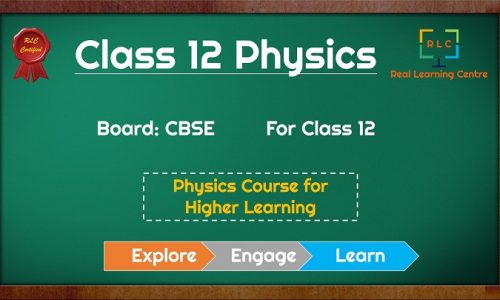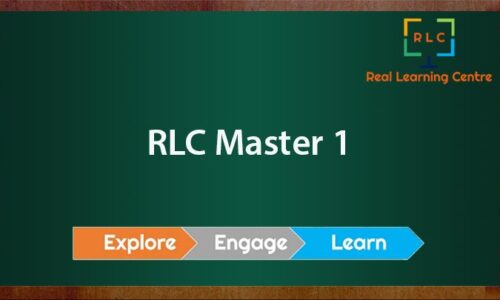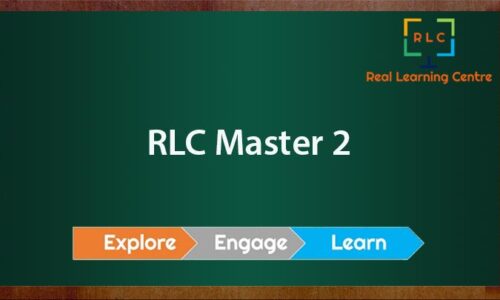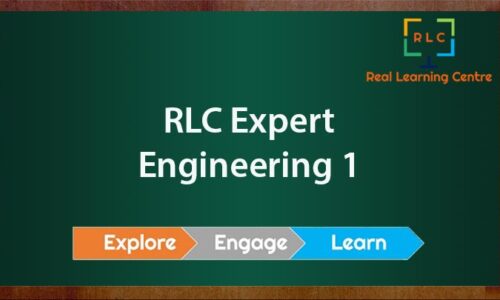COURSE DESCRIPTION
A full year course for students studying in 8th standard who are interested in getting a strong foundation in science and mathematics. This course will help the students develop interest in the subjects and enjoy studying. It concentrates on teaching fundamental concepts, problem solving skills and guides the students to develop a sense of wonder about science and mathematics.
The course follows a syllabus that has been designed by keeping CBSE, ICSE, state and the international boards. The Course is conducted both offline and online modes.
HOW ARE THE CLASSES HELD?
- Classes are held twice a week, every Monday and Thursday from 5.15 to 7.30
- There will be two sessions of one hour each with a 10 minute break in beween
- The classes will be conducted offline with a video link provided to those who want to attend online.
- All classes are recorded so that students can go through them again.
- There will be periodic assignments and evaluations.
- The students can follow their respective board prescribed text books. The additional reading materials will be provided wherever applicable.
- An experiment kit will be provided to each student. It will be used through the course.
Course Features
- Lectures 248
- Quizzes 0
- Duration 50 hours
- Skill level All levels
- Language English
- Students 270
- Assessments Yes
Curriculum
- 62 Sections
- 248 Lessons
- 20 Weeks
- Physics Chapter 1 - Our Universe4
- Physics Chapter 2 - Earth, Sun and Moon4
- Physics Chapter 3 - Concept of Motion4
- Physics Chapter 4 - Mass, Inertia and Force4
- Physics Chapter 5 - Newton's First Law of Motion4
- Physics Chapter 6 - Concept of Momentum4
- Physics Chapter 7 - Moment of force4
- Physics Chapter 8 - Friction4
- Physics Chapter 9 - Gravity, Weight and Mass4
- Physics Chapter 10 - Pressure4
- Physics Chapter 11 - Hydrostatics4
- Physics Chapter 12 - Periodic motion and oscillations4
- Physics Chapter 13 - Sound4
- Physics Chapter 14 - Introduction to Light4
- Physics Chapter 15 - Basics of electrical circuits4
- Physics Chapter 16 - Concept of Energy4
- Chemistry Chapter 1 - Why Chemistry4
- Chemistry Chapter 2 - Everyday Chemistry4
- Chemistry Chapter 3 - Matter Around us4
- Chemistry Chapter 4 - Structure of Matter4
- Chemistry Chapter 5 - Chemical Processes4
- Chemistry Chapter 6 - Alchemy4
- Chemistry Chapter 7 - Acids Bases and Salts4
- Chemistry Chapter 8 - States of Matter4
- Chemistry Chapter 12 - Combustion4
- Chemistry Chapter 13 - Law of Conservation of Mass4
- Chemistry Chapter 9 - Gaseous State4
- Chemistry Chapter 11 - Chemical Reactions4
- Chemistry Chapter 10 - Discovery of Gases4
- Chemistry Chapter 16 - Concept of Atomic Weight4
- Chemistry Chapter 14 - Law of Fixed Proportions4
- Chemistry Chapter 15 - Dalton's Atomic Theory4
- Biology Chapter 1 - Introduction to Botany4
- Biology Chapter 2 - Plant Structure4
- Biology Chapter 3 - Fruit to Root Series4
- Biology Chapter 4 - Discovery of Micro-life4
- Biology Chapter 5 - Micro Organisms4
- Biology Chapter 6 - Micro Organisms and Us4
- Biology Chapter 7 - Discovery of Cell4
- Biology Chapter 8 - Getting inside a cell4
- Biology Chapter 9 - Reproduction in animals4
- Biology Chapter 10 - Reproductive Mechanisms4
- Biology Chapter 11 - Reaching Adolescence4
- Biology Chapter 12 - Role of Hormones4
- Maths Chapter 1 - Natural Numbers4
- Maths Chapter 2 - Negative Numbers4
- Maths Chapter 3 - Distributive Law4
- Maths Chapter 4 - Fractions and Decimals4
- Maths Chapter 5 - Factors and Multiples4
- Maths Chapter 6 - Prime Factorization4
- Maths Chapter 7 - Squares and Square Roots4
- Maths Chapter 8 - Cubes and Cube Roots4
- Maths Chapter 9 - Rational Numbers4
- Maths Chapter 10 - Introduction to Algebra4
- Maths Chapter 11 - Expressions and their Evaluation4
- Maths Chapter 12 - Operations with Expression4
- Maths Chapter 13 - Factorization of Expressions4
- Maths Chapter 14 - Introduction to Geometry4
- Maths Chapter 15 - Lines and Angles4
- Maths Chapter 16 - Area and Volume4
- Maths Chapter 17 - Set Theory4
- Maths Chapter 18 - Partition of Numbers4






